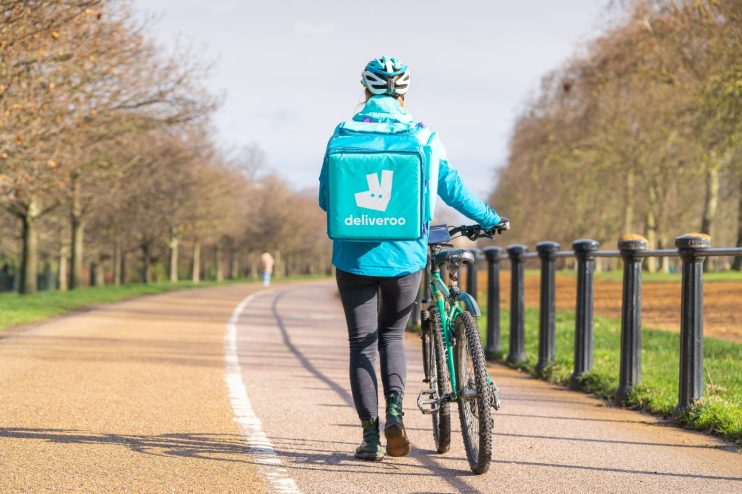Supreme Court set to rule on whether Deliveroo riders are ‘workers’

This week the highest court in the UK will decide if Deliveroo’s London riders should be classed as ‘workers’. The outcome is highly anticipated by those working in the gig economy.
The Supreme Court is set to issue a landmark ruling tomorrow over the collective bargaining rights of a group of Deliveroo riders in Camden and Kentish Town.
This legal battle spans seven years across several English courts that have all dismissed the Independent Workers’ Union of Great Britain’s (IWGB) legal challenge. The issue at play is that riders can’t form a collective bargaining unit because they are considered ‘self-employed’ rather than ‘workers’.
Collective bargaining is the process of negotiation that allows workers to approach employers as a unified group in order to improve pay and conditions.
The original application was filed in 2016 by IWGB to the Central Arbitration Committee but they declined to accept on the basis that riders were not ‘workers’. This decision was upheld by both the High Court and the Court of Appeal.
The IWGB appeal to the Supreme Court came after it criticised Deliveroo last year over a “publicity stunt” deal with the GMB union. The food delivery firm was branded by IWGB as “desperately trying to come with some kind of positive PR”.
The Supreme Court decision will be highly anticipated by the 50,000 riders that the company has, as well as by those in similar positions at other companies.
Notably, the Dutch Supreme Court ruled that Deliveroo riders are employees in March.
This is not the first time the UK Supreme Court had to make a decision on who can be classed as ‘workers’. In one noteworthy 2021 decision, the court ruled that Uber drivers were workers. Speaking at the time, London Mayor Sadiq Khan welcomed the decision, saying: “[This] is a landmark decision for people who suffer from low pay and a lack of security at work.”